- A Balanced Life
- Manage Stress
- CAM Treatments
- View Full Guide
Guide to a Hangover

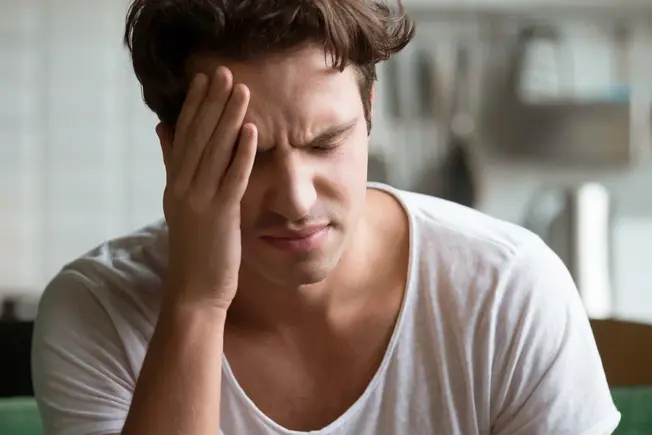
What Is a Hangover?
When you drink, alcohol goes into your bloodstream. Your blood-alcohol concentration (BAC) measures how much is in your blood. The higher your BAC, the more intoxicated you feel. When you stop drinking, your BAC begins to drop. Hangover symptoms are at their worst when that level returns to zero and usually last about 24 hours. The fact that we feel worse after the alcohol has left our bodies has long been a mystery to researchers.
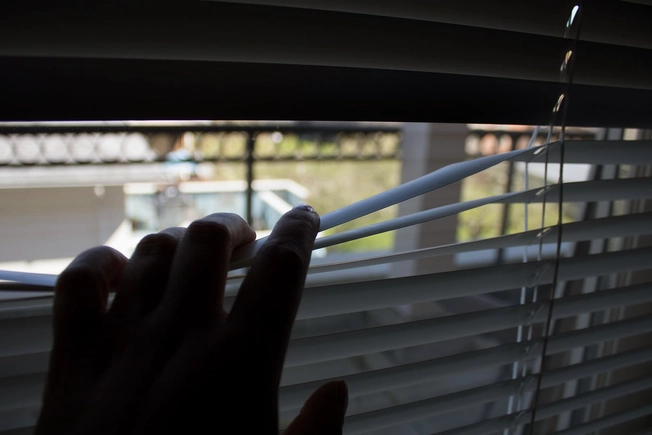
What Are the Effects?
You may have dry mouth, headache, dizziness, or nausea and be tired, shaky, thirsty, or sensitive to light and sound. People who have had too much to drink often don't sleep well, which can make all those issues worse. Your hangover might also affect you mentally, making it hard to concentrate or making you irritable or depressed.
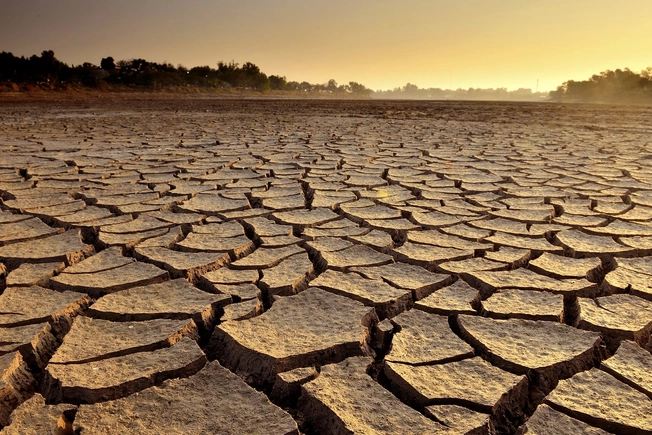
It’s Dehydration, Right?
Alcohol causes you to make more urine, which removes fluids from your body. That's why you’re likely to wake up very thirsty after a night of too much drinking. It's also why booze’s drying effect was long thought to be the main cause of hangover symptoms. But scientists now think it’s only part of the reason.
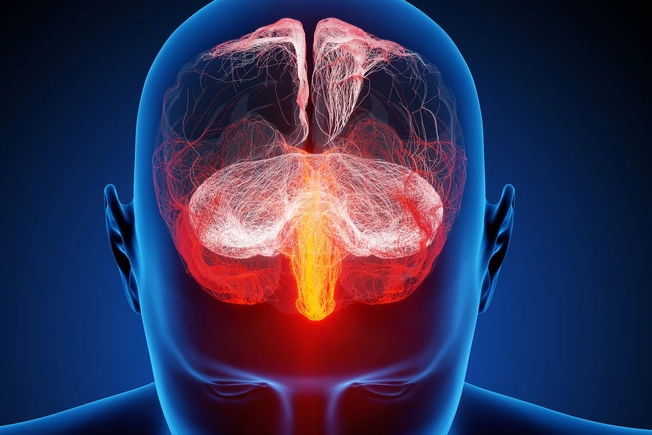
What Else Is at Work?
New research focuses on the theory that hangovers involve inflammation. Studies have found that people who were hungover had high levels of cytokines, proteins that act as messengers for your immune system. When you feel terrible after drinking too much, it may be the result of both dehydration and an inflammatory response.
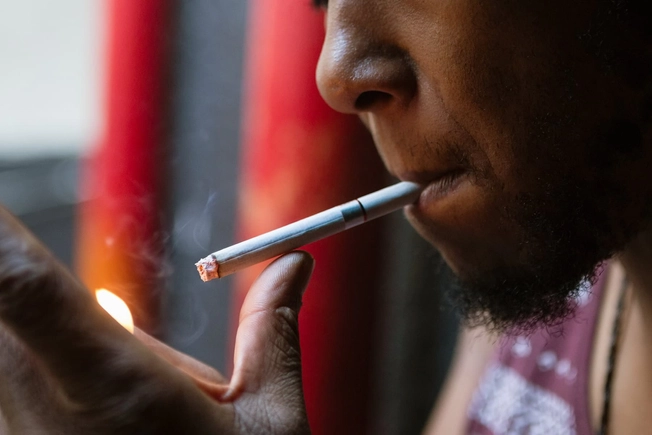
Risk Factors
Other things you do -- or don't do -- when you drink alcohol can affect whether you get a hangover and how bad it is. If you don't eat anything and drink on an empty stomach, for example, you may feel worse because your bloodstream will take in the booze more quickly. Using tobacco can make symptoms worse, too. And if alcohol use disorder runs in your family, you may have certain genes that affect the way you process liquor.
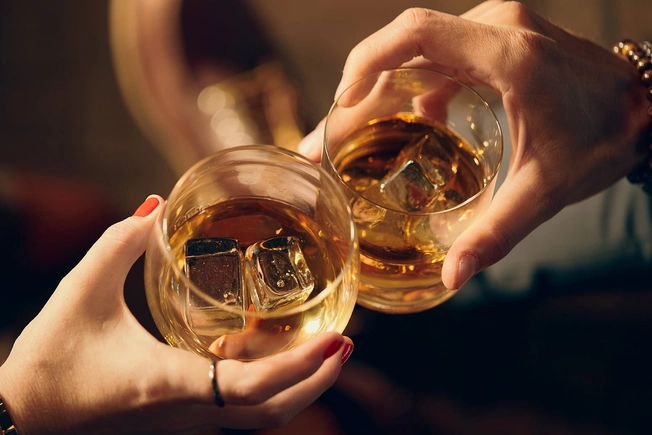
Are Some Drinks Worse Than Others?
Darker liquors, such as bourbon, have substances called congeners. Studies suggest these can cause worse symptoms. And sulfites, used as a preservative in some wines, can trigger headaches in some people.
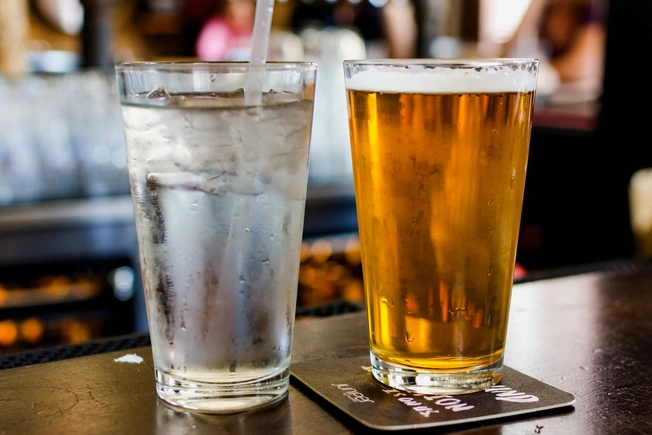
Precautions You Can Take
There’s only one sure way to avoid a hangover: Don't drink at all or drink in moderation -- one glass a day for women and two a day for men. Other smart moves: Make sure you eat, and if you do have more than the recommended number of drinks, alternate glasses of water with alcohol, and don't have more than one alcoholic beverage in an hour.
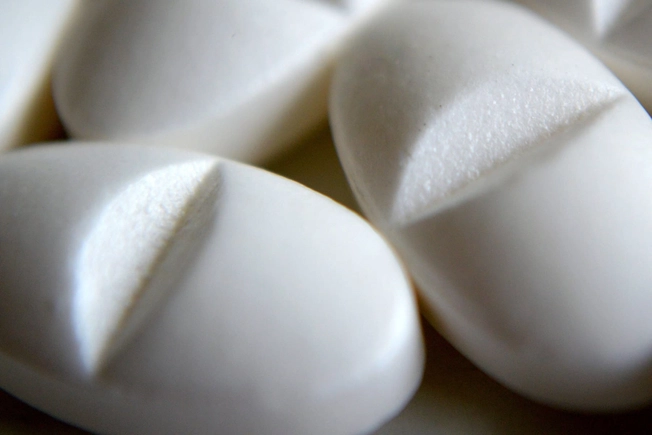
How to Ease Symptoms
Some people think you should take painkillers before bed when you've been drinking, but it's important to avoid acetaminophen. Combined with alcohol, it can be toxic to your liver. But if inflammation is part of the reason hangovers happen, aspirin and nonsteroidal anti-inflammatory drugs (NSAIDs) might help. Just keep in mind that NSAIDS, such as ibuprofen, can bother your stomach.

Hair of the Dog
You might feel better for a little while if you have another drink in the morning, but you're only postponing your symptoms. This phrase, by the way, dates to the days when people thought you could cure rabies by sipping a potion made from the fur of the beast that bit you.
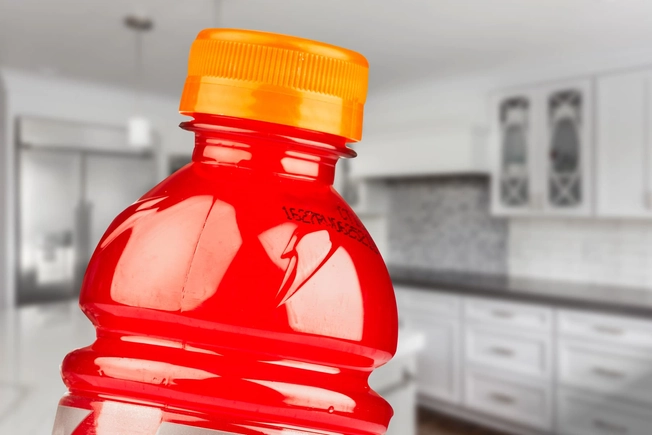
What About Electrolytes?
You may have heard that sports drinks will hydrate you faster and speed your hangover recovery. And “IV lounges” have popped up to offer infusions. But there’s no research to back up the idea that electrolytes -- whether you drink them or take them in through a vein in your arm -- are a cure.
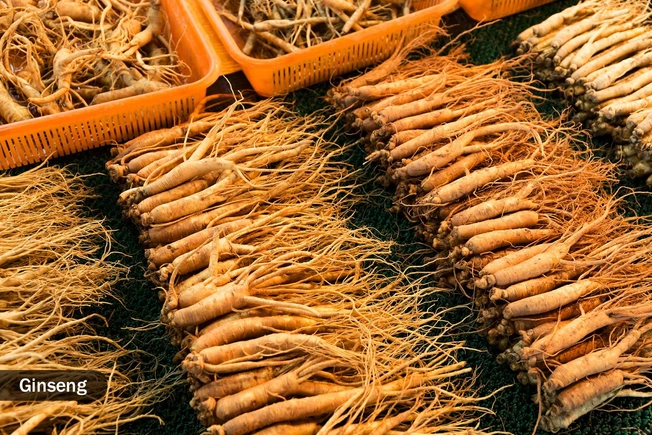
Does Anything Work?
Scientists have found that a few supplements -- red ginseng, Siberian ginseng, and Korean pear juice -- can ease some symptoms. Extract of the fruit from Hovenia dulcis, a tree native to East Asia, also showed promise in a small study. And other research suggested that people who took extract of prickly pear cactus before drinking had less severe hangovers.
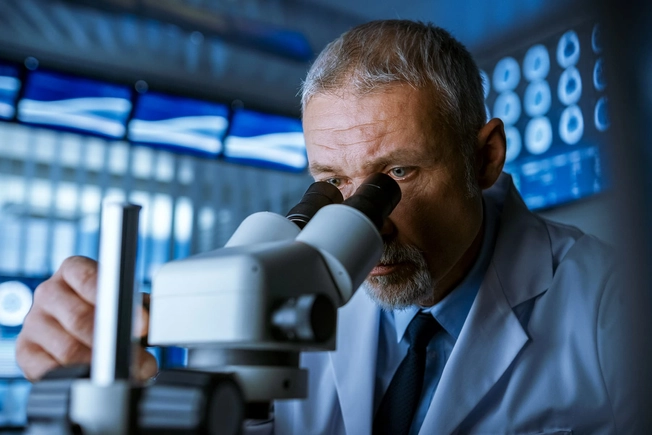
What’s on the Horizon?
Early research shows that probiotics may help in some way, and private companies hope to make products -- that you'd take after drinking or before -- to ease symptoms. Scientists are also looking at why some people seem to have natural resistance to hangovers and what they can learn from them.